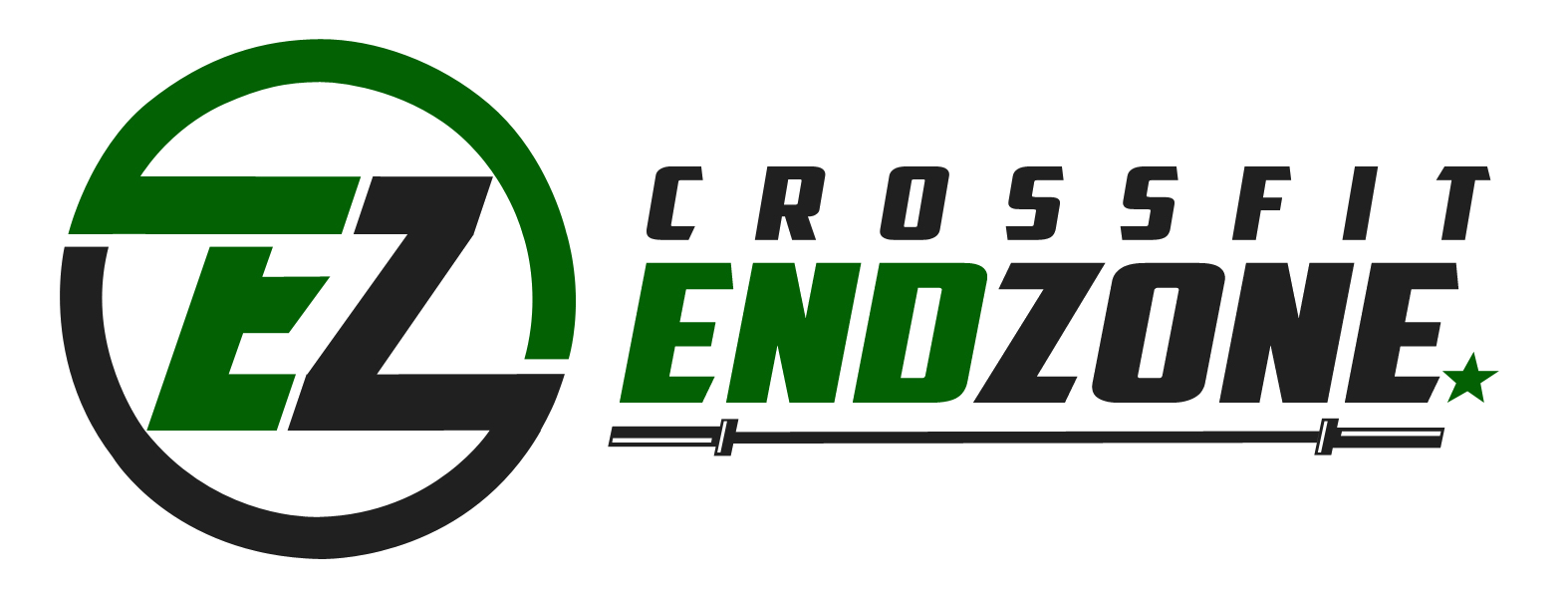To Train or Not to Train on an Empty Stomach? That is the question...
There will always be some debate in the fitness community regarding training on an empty stomach. This mainly affects anyone who needs to get to the gym early in the morning. I completely understand that eating a full breakfast before a 6am workout can be difficult, if not impossible. Even if you prepare food ahead of time you will have to allow ample time for digestion as well as getting to the gym for your training session. Training on an empty stomach or not can also affect someone taking the evening classes as well. A lot of people are lucky enough to have set break times at work while others don’t, so getting a lunch break might be your only opportunity to eat a meal. This may lead to you being in a partially fasted state which can negatively impact your ability to perform your best in the gym.
A study published in the American Journal of Clinical Nutrition found that individuals who skipped breakfast had diminished insulin sensitivity as well as increased LDL cholesterol [1]. Insulin sensitivity is important for proper nutrient uptake and long-term health as severely impaired insulin sensitivity can result in insulin resistance which is a risk factor for coronary artery disease, stroke, and type 2 diabetes. High LDL cholesterol, or “bad” cholesterol, is a risk factor for arteriosclerosis, hypertension, stroke, as well as other cardiovascular health issues.
Athletic performance and body composition can be greatly improved with proper pre/post-workout nutrition. In a study published in Medicine & Science in Sports & Exercise, researchers found that individuals who absorbed a protein shake before and after strength training experienced greater results in lean body mass and increased strength [2]. One group consumed protein only before their training sessions and the other group consumed an equivalent amount of only carbohydrates, the protein only group had significantly higher resting energy expenditures 24 hours after their training session. Research also suggests that pre-workout protein intake can be even more effective for recovery than a post-workout protein shake alone. Put simply, having a proper pre-workout meal can help increase your strength, improve recovery, as well as boost the amount of calories you burn at rest for up to a day after training which can help lower body fat and improve your body composition.
Here are some options to consider regarding this topic. If you’re struggling to eat before your workout sessions or short on time, I recommend grabbing a pre-workout protein shake 15 to 30 minutes prior to your workout. If you prefer training in a fasted state, you should be consuming some quality protein as soon as possible after your workout in order to improve recovery. Keep in mind, pre-workout supplementation can be vary between people so I recommend experimenting to see what works best for you. With a good nutritional plan, you’ll recover faster, get stronger, and be leaner.
Don’t forget to attend the info session on Saturday, June 17th from 11am – 1pm to learn more about Endzone’s Transformation Challenge. This is a program designed for anyone looking to lose 20lbs or gain a few pounds of muscle. The program is 10 weeks long and includes individual nutrition coaching, bi-weekly check-ins, and more. The program is limited to 15 spots. Please attend the info session to sign-up and learn more.
References:
1. Hamid R Farshchi, Moira A Taylor and Ian A Macdonald. Deleterious effects of omitting breakfast on insulin sensitivity and fasting lipid profiles in healthy lean women. Am J Clin Nutr . 2005.
2. Cribb, Paul J., Hayes, Alan. Effects of Supplement Timing and Resistance Exercise on Skeletal Muscle Hypertrophy. Med Sci Sports Exerc. 2006.

